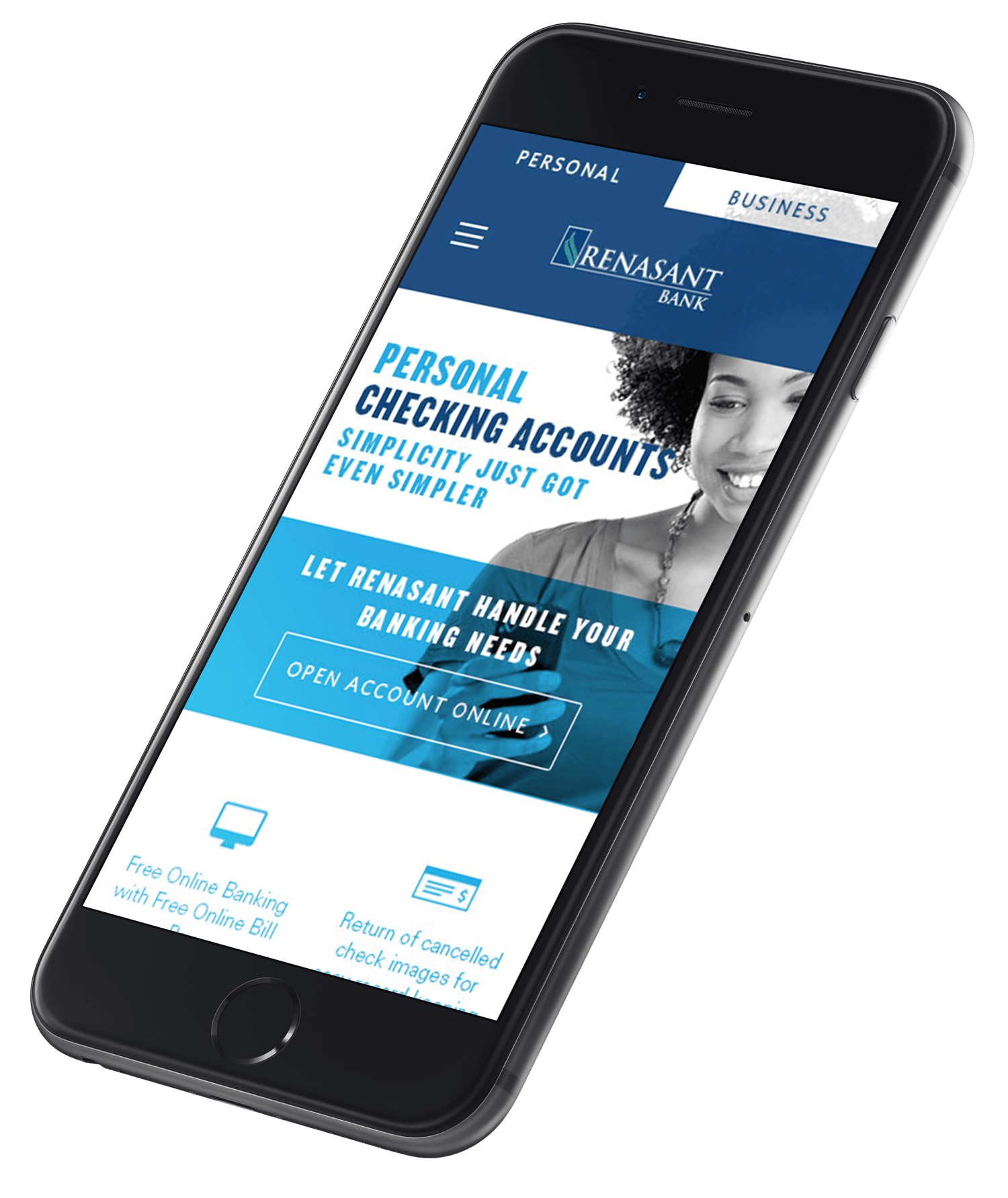Airbnb recently added a new level to its website — experiences. Beyond finding a place to stay when you travel, you can now pay to have someone guide you on an immersive and somewhat exclusive experience.
You can pay for a tour of a reality TV production studio in LA followed by a catered lunch at the owner’s Venice home. You can sign up for an intimate shopping, cooking and dining experience with a French-Vietnamese fusion chef in Paris.
Airbnb found its biggest benefit — experience — and decided to monetize it for the company and its hosts.
A friend of mine rents out a spare bedroom in his home over Airbnb. While a lot of people in the South still aren’t hip to the idea of welcoming strangers into their homes, he seems to enjoy having an endless supply of interesting people stories.
A couple from Memphis built furniture in my friend’s backyard to sell at the Tupelo flea market while they were in town.
Two lovebirds from Wales spent the evening talking politics and literature with him on his porch.
A Buddhist yogi was surprised to find that my friend and his wife contradicted the Southern stereotypes he’d heard before visiting.
The yogi summed it up best: “I guess this is the thing about Airbnb. By staying with someone from the Airbnb community, you can almost guarantee you’re going to meet someone interesting.”
This guy hit the nail on the head. Airbnb originally billed itself as a convenient and inexpensive way to travel, and a way for homeowners to make a little extra money. But its advertising has changed over the past few years as the company listens to and reflects its customers.
Airbnb has never really sold a product. It sells experiences, but now its marketing has doubled down on what the company’s loyal customers have known for a long time.
When I traveled to San Francisco a few months back, I didn’t stay in a hotel in the tourist-heavy part of town; I stayed in an old Victorian walk-up (similar to the ones in the opening credits of Full House) in the Cole Valley neighborhood. I experienced life in the city. I got to see the daily workings of a neighborhood that convinces people to pay thousands of dollars in rent per month just to live there.
When I met a client in New York last summer, I didn’t spend hundreds of dollars for a single hotel room on the 15th floor of the Columbus Square Holiday Inn; I stayed in an apartment in Greenwich Village and had the pleasure of being a part of a vibrant artist community for a few days.
My first Airbnb trip was a combination of curiosity and frugal travel. My second trip was a desire for another great experience — just like all the trips thereafter.
Bill Rayburn, CEO of mTrade, recently gave us a great bit of advice in an interview we did for an upcoming magazine. He said he’s learned that products don’t create value, customers do.
We spend so much time pricing our products and services based on our own costs, but we forget to ask our customers how much our products are worth. Airbnb learned its product is worth a lot more when it becomes an experience.
When Airbnb began running national ad campaigns in recent years, the campaigns never mentioned affordable lodging. They talked instead about the experience you can expect.
“Wherever you go, don’t get there,” the ads implore. “Live there — even if it’s just for a night.”
What experience does your business offer? What is your customer willing to pay more for?
I’ve written about this plenty before, and I’m sure I’ll write about it again.
Think about when you’re getting ready to tip at the end of a meal. The service was poor, your drink was never refilled and you had to ask for the dessert menu. Even though you know 15% is the minimum, you’re tempted to give a little less — because the experience didn’t live up to what you expected, and you wanted to make sure someone understood.
Even though you might not be a waiter or waitress, your customers have the same general feeling. Don’t expect customers to line up to pay a premium price for a subpar experience.
By contrast, what if your store was a destination and your staff helped customers apply the product to their lives? Maybe they come in, learn about the product, go through a tutorial session and then have the clerk help them install your product. Maybe it’s makeup, and you have a clerk match the customer’s skin tone in a room with beautiful lighting, comfortable seats and champagne. Is the product worth more than a dollar now? Is the experience awaiting your customer as valuable as the product you sell? Absolutely.
I believe marketing your experience leads to better customer interaction and more word-of-mouth advertisement for your business. After all, are you more willing to tell your friend about the good product you bought, or the great customer service experience you had?




